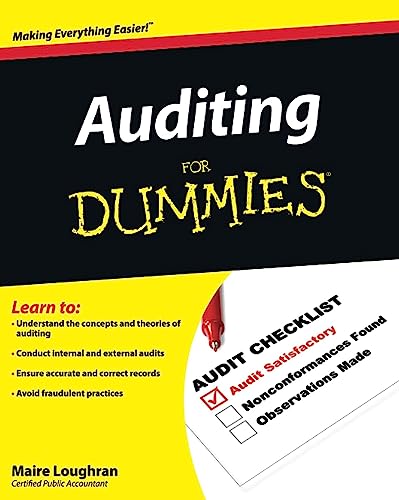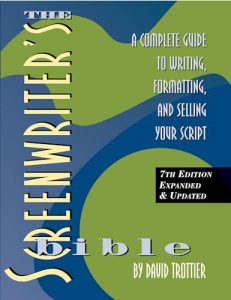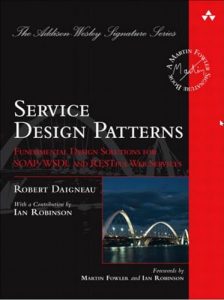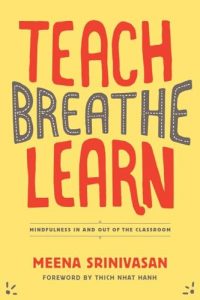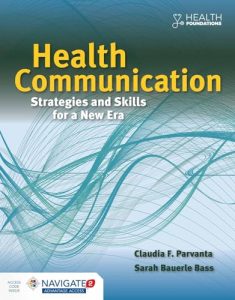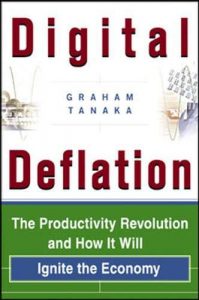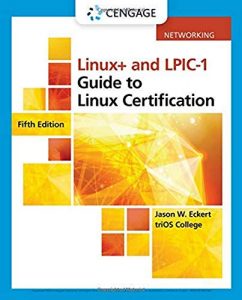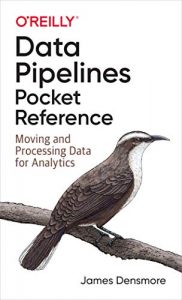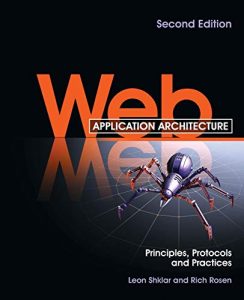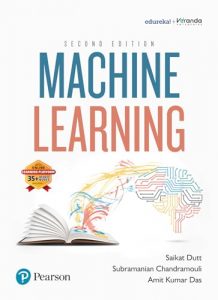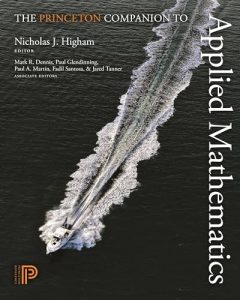1. Auditing For Dummies by Maire Loughran
“Auditing For Dummies” is the perfect starting point for anyone looking to delve into the world of auditing. This comprehensive guide breaks down the complex terminologies and methodologies of auditing into simple, easy-to-understand concepts. Whether you are a student, a professional entering the field, or someone who merely wants to understand how auditing affects businesses and policies, this book is immensely valuable. It explains the auditing process, what makes a successful audit, and provides real-world examples that help you grasp difficult topics. The engaging writing style keeps readers motivated and informed, making it a must-read. 
2. Performance Auditing: Measuring Inputs, Outputs, and Outcomes, 3rd Edition
This book is an indispensable resource for auditors at all levels. The authors, a consortium of experts in the field, provide a thorough look into performance auditing—a vital tool in government and nonprofit sectors. By measuring various inputs, outputs, and outcomes, this book gives readers a framework to assess the efficiency and effectiveness of programs. Understanding these metrics can help organizations improve their operations significantly. With real-world applications and scenarios, this is an expert’s guide filled with insights that can influence audit practices for years to come. 
3. The Economics of the Oil and Gas Industry
In the ever-volatile field of oil and gas, understanding the economic principles that dictate industry dynamics is essential. This book offers a detailed examination of economic theories and their applicability to the oil and gas sector. The research compiled by distinguished authors provides insights into cost analyses, pricing strategies, and market behaviors. This knowledge is crucial for auditors and policy-makers looking to navigate this complex landscape effectively. Anyone involved in the auditing of energy sectors or interested in the economic implications of resource management should add this title to their reading list. 
4. The Political Economy of Government Auditing
This enlightening text explores the intersection of politics and auditing, shedding light on how governmental audits can influence economic governance and developmental policies. Carlos Santiso artfully navigates the political intricacies surrounding audits, emphasizing the importance of transparency and accountability in the public sector. Readers will gain a profound understanding of how effective auditing can drive positive changes in policies and governance, making this book a strategic read for auditors involved in governmental projects. 
5. The 10 Commandments of Money: Survive and Thrive in the New Economy
This book by Liz Weston is a refreshing take on personal finance and economic strategies in the modern world. It offers an engaging recap of essential financial wisdom through ten actionable principles that help individuals navigate financial decisions efficiently. By grounding financial decisions in practical advice, Weston empowers readers to take control of their financial health. This is not just an easy read; it’s packed with the kind of knowledge that can create lasting impact. 
6. Forest Management Auditing
This book dives deep into the environmental aspects of resource management auditing, making it essential for professionals in sustainability and environmental policy. Lucio Brotto brings a wealth of knowledge on forest management and how audits can ensure sustainable practices in resource consumption. The text elaborates on methodologies for auditing forest resources, presenting techniques that can help manage crucial eco-systems effectively. This is an essential read for those looking to integrate strong environmental ethics into auditing practices. 
7. Principles of Knowledge Auditing: Foundations for Knowledge Management Implementation
Patrick Lambe’s book is groundbreaking as it blends knowledge management with auditing practices. This foundational text provides audiences with the key principles of knowledge auditing necessary for implementing successful knowledge management systems. Readers will learn about frameworks that highlight the significance of improving organizational learning and knowledge sharing. This book is essential for those looking to enhance internal auditing processes around knowledge management. 
8. Ethics and Auditing
In the realm of auditing, maintaining high ethical standards is paramount, and this insightful book by Tom Campbell and Keith Houghton lays the groundwork for understanding ethics in the profession. The text covers ethical dilemmas auditors may face, emphasizing the importance of maintaining integrity and accountability in their work. This book is an essential guide for both new and seasoned auditors who seek to uphold their ethical obligations in an increasingly complex environment. 
9. Auditing in the public sector: Efficiency, economy, and program results
This classic text focuses on the performance of governmental audits, emphasizing the importance of efficiency and economy in public sector spending. The collaboration of experts James L. Savage, Felix Pomeranz, Alfred J. Cancellieri, and Joseph B. Stevens provides insights into conducting meaningful audits that can result in better government accountability to citizens. This book is vital for anyone involved in public sector audits, providing frameworks that ensure public programs are delivering on their promises. 
10. Development of Accounting and Auditing Systems in China
Examining the rapid evolution of accounting and auditing practices in China, this book by Xu-Dong Ji provides insights into how these systems have developed amidst significant economic changes. Though focused on a specific geography, the lessons learned from China’s experience can inform auditing practices worldwide. This text is crucial for understanding the global landscape of accounting and is excellent for professionals who work in international auditing. 

